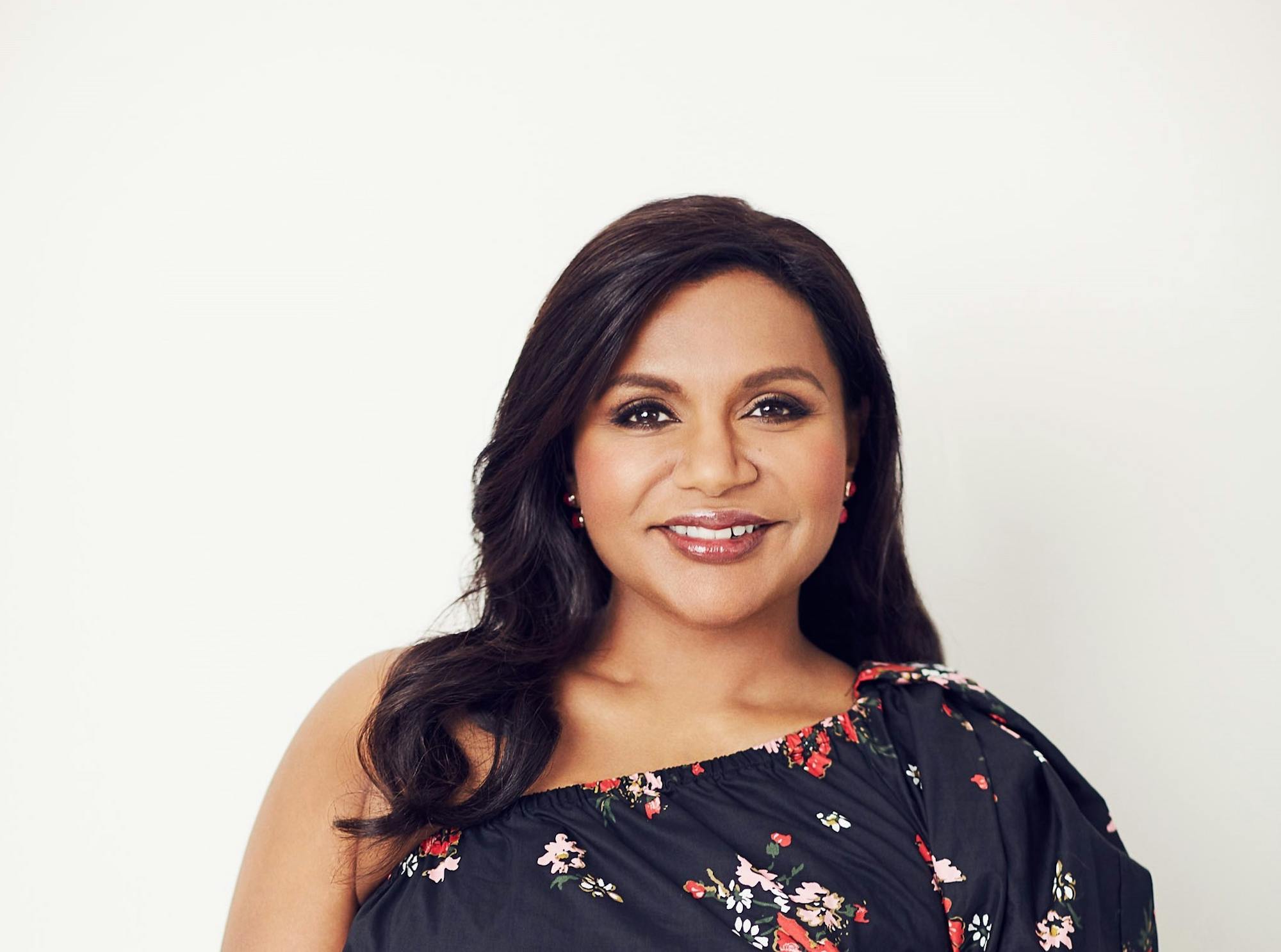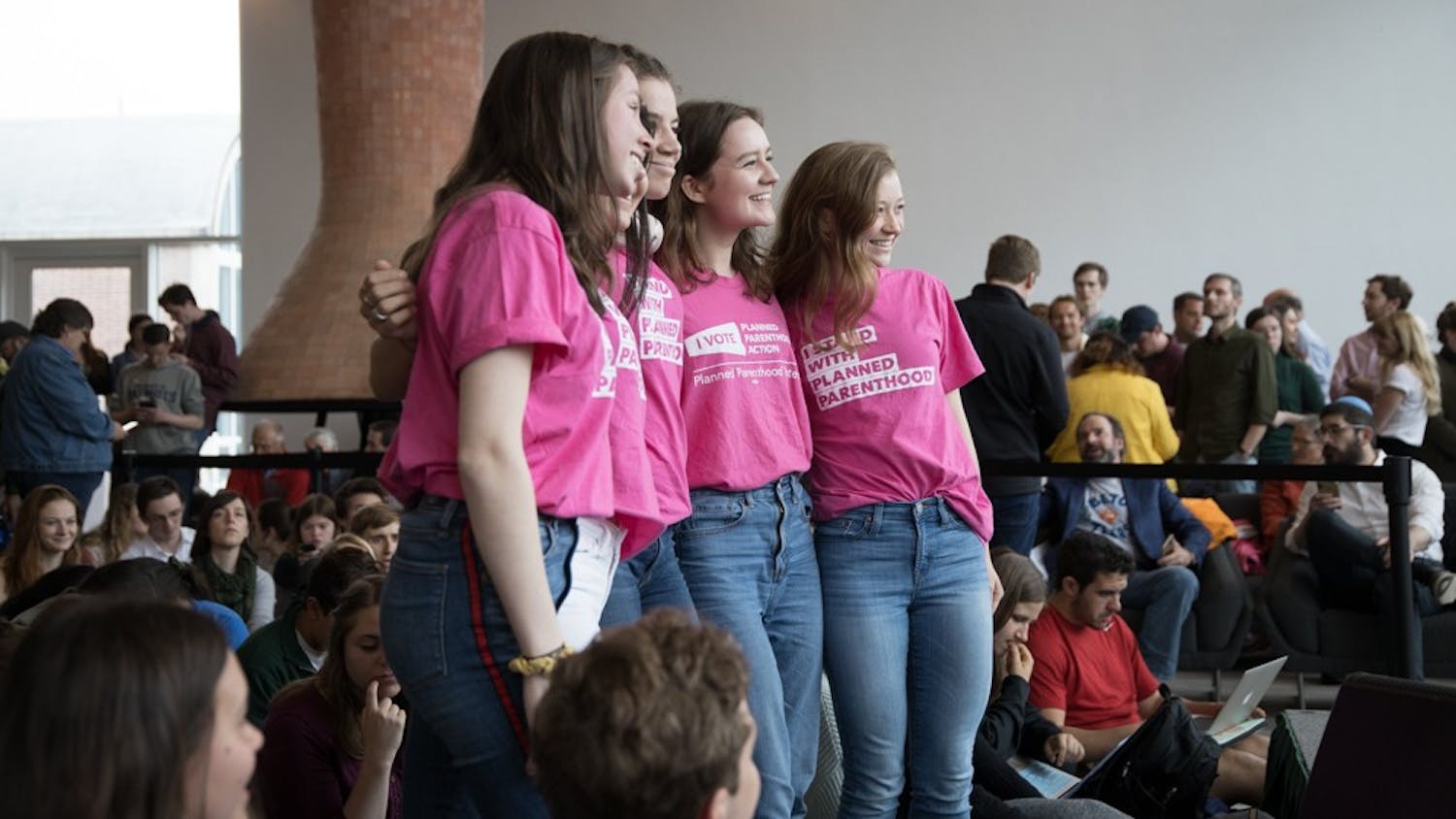Those familiar with comedy TV shows including “The Office” and “The Mindy Project” are aware that Mindy Kaling ’01 is a jack-of-all-trades in Hollywood. Throughout her career, she’s done it all — from writing and starring in her own TV series to producing projects that bring new stories to life. Her latest show, “Never Have I Ever,” is a coming-of-age romantic comedy centered around an Indian-American teenager named Devi. In an interview with The Dartmouth, Kaling discusses both “Never Have I Ever” and her visit to campus last term.
You met with the Rockapellas, Jack-O-Lantern and the Dog Day Players on campus in February to do research for a show — what did you learn from those meetings, and how did that shape the show?
MK: I have a new show at HBO Max, but I’m not sure when it’s coming out due to everything happening with COVID. My co-writer Justin [Noble], who went to Yale, and I wanted to do a show about girls in college on the East Coast. We visited both Yale and Dartmouth to research what kids are like now. I graduated in ’01, and I didn’t want the show to seem like some old person reminiscing about college. I wanted to make sure that it is really topical and current. Basically, I just wanted to see how you guys talk, I wanted to see what social interactions are like, and I wanted to see the dynamics between men and women on campus. We didn’t ask a ton of questions about that, but it was really good to just observe how campus life has changed since I had been there. And the kids were so nice! Those three clubs, they were so inviting and took out time from their own meetings to meet with us, and I had the best time. I was also in all three groups when I was at Dartmouth, so it was fun to check in and see how they are different from my frame of reference from the late ’90s to 2001.
In what ways can we see your connection to Dartmouth manifest in the show?
MK: It’s kind of early to say, because we haven’t had a chance to shoot it yet. We wrote the first episode, which definitely takes place in a New England-y school. I think the way that Dartmouth looks and the way that Yale looks, like the brick buildings and the four seasons, are definitely going to be seen in the show. We don’t get that in LA. At a minimum, the setting of the show will be similar to Dartmouth. We also hope to capture the dynamics between college students, and I think that Dartmouth students might see parts of themselves in the show.
Your new show, “Never Have I Ever,” portrays an Indian-American teen’s high school experience — how did this part of your identity influence your experience at Dartmouth?
MK: When I went to Dartmouth, there weren’t a ton of people like me of Indian descent there. But I had a very lucky reaction to it, which was that instead of feeling alienated or marginalized by it, I kind of felt special. I love being Indian, and I identify so much culturally with being Indian-American. It also felt like my friends really loved that about me too, which added to making me feel special. I know that this is not the reaction of a lot of minority students when they go to college and they find that they’re representing a lot of other people from their race. For whatever reason, I had that positive reaction to it, which I know is very lucky.
In the show, the main character Devi is high-achieving and hopes to go to Princeton. Was that inspired by your experiences and your own college aspirations?
MK: Definitely. I started thinking about college pretty young, and it was a big part of my friend group — going to college was important to us. For a lot of nerds — regardless of your race or your identity — that becomes your focus once you turn 13 or 14. I also think that getting into an Ivy League school was a real point of pride for my parents and I was a real people-pleasing kid, so I wanted them to be proud of me. So yes, that part of Devi’s character was definitely taken from my childhood.
What are your hopes for the impact of “Never Have I Ever” and for its future?
MK: I think when you are Indian-American, or really any minority, you’re starved for representation on screen. There’s so much pressure when you’re making a show with that representation because everyone’s experience is different — there’s no single experience for an entire group of people. When you watch it, I think a lot of reactions from people can be along the lines of, “Oh no, that’s not what my experience was!” I just hope that with the success of this show, that there are other shows with casts that look like this one, so that there’s less of a responsibility on one specific show to represent every single type of South Asian person. I hope that because the show seemingly did well in its first week, that there’ll be more shows like it.
This interview has been edited and condensed for clarity and length.




